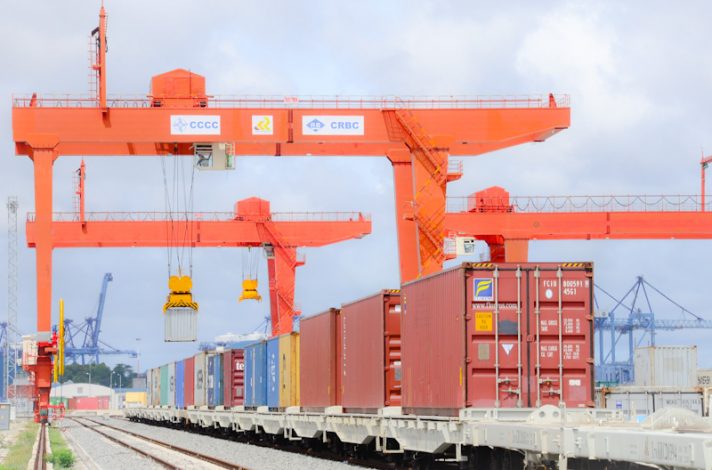Kenya’s private sector recorded its strongest growth in 27 months in April, driven by robust sales and heightened business activity, according to the Stanbic Bank Kenya Purchasing Managers’ Index (PMI) released on Tuesday.
PMI Signals Robust Expansion
The PMI rose to 52.0 from 51.7 in March, marking its highest level since January 2023. A PMI above 50.0 indicates expansion, while below 50.0 signals contraction.
The surge was fueled by a sharp rise in customer demand, leading to the fastest growth in new orders since February 2022.
“The April PMI shows Kenya’s private sector expanding at its fastest pace in over two years,” said Christopher Legilisho, economist at Stanbic Bank.
This demand spurred increased output and purchasing activity, particularly in services, agriculture, and construction. However, the manufacturing, wholesale and retail sectors experienced weaker sales.
Job Growth Accelerates, Costs Rise
To manage rising workloads, businesses ramped up hiring, with employment growth reaching its strongest pace in nearly a year, though primarily through temporary hires.
Meanwhile, input costs hit a three-month high due to supply shortages and higher taxes, though inflation remained moderate compared to historical trends.
“Input prices rose to a three-month high, but inflation remained below the historical average, with output prices increasing as firms passed on costs to consumers,” Legilisho explained.
The Kenya National Bureau of Statistics (KNBS) reported inflation rose to 4.1% in April, driven by higher prices for food, non-alcoholic beverages, transport, and electricity.
Cautious Outlook Despite Growth
Despite the positive momentum, business optimism remained near historic lows, with only 5% of firms anticipating output growth over the next 12 months.
Some companies plan to open new branches and launch products and services, but overall sentiment is subdued.
“The April PMI indicates steady growth at the start of Q2 2025, with subdued inflationary pressures. However, business sentiment remains historically weak,” Legilisho noted.
Sectoral Performance and Future Expectations
The PMI underscored strong gains in services, agriculture, and construction, while manufacturing and wholesale and retail lagged.
The robust growth in new orders and steady expansion signal a solid start to Q2 2025, though muted business confidence may temper future gains.
“The April PMI reflects a private sector expanding at its strongest pace in over two years, driven by increased sales from marketing and improved consumer demand,” Legilisho said.




